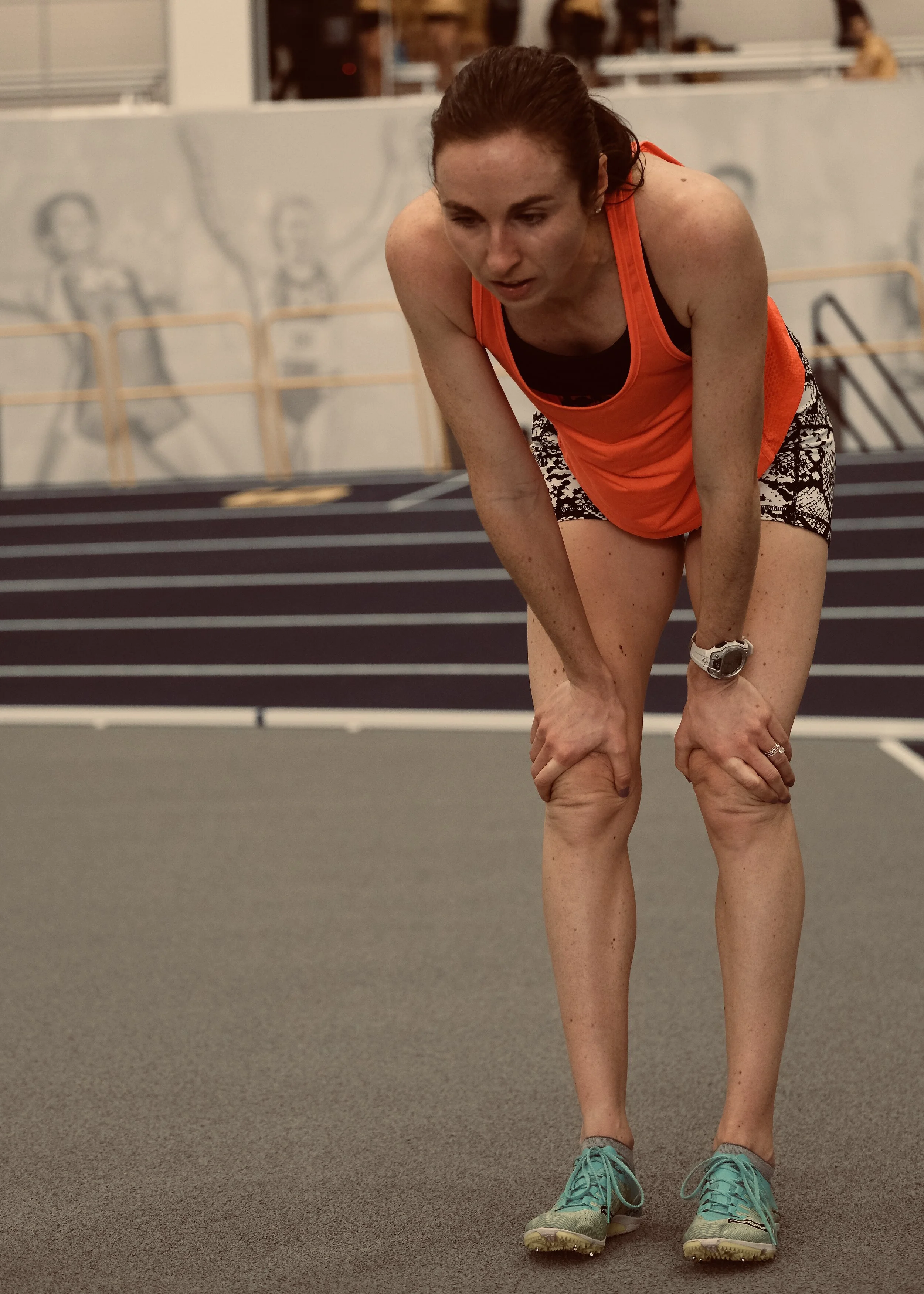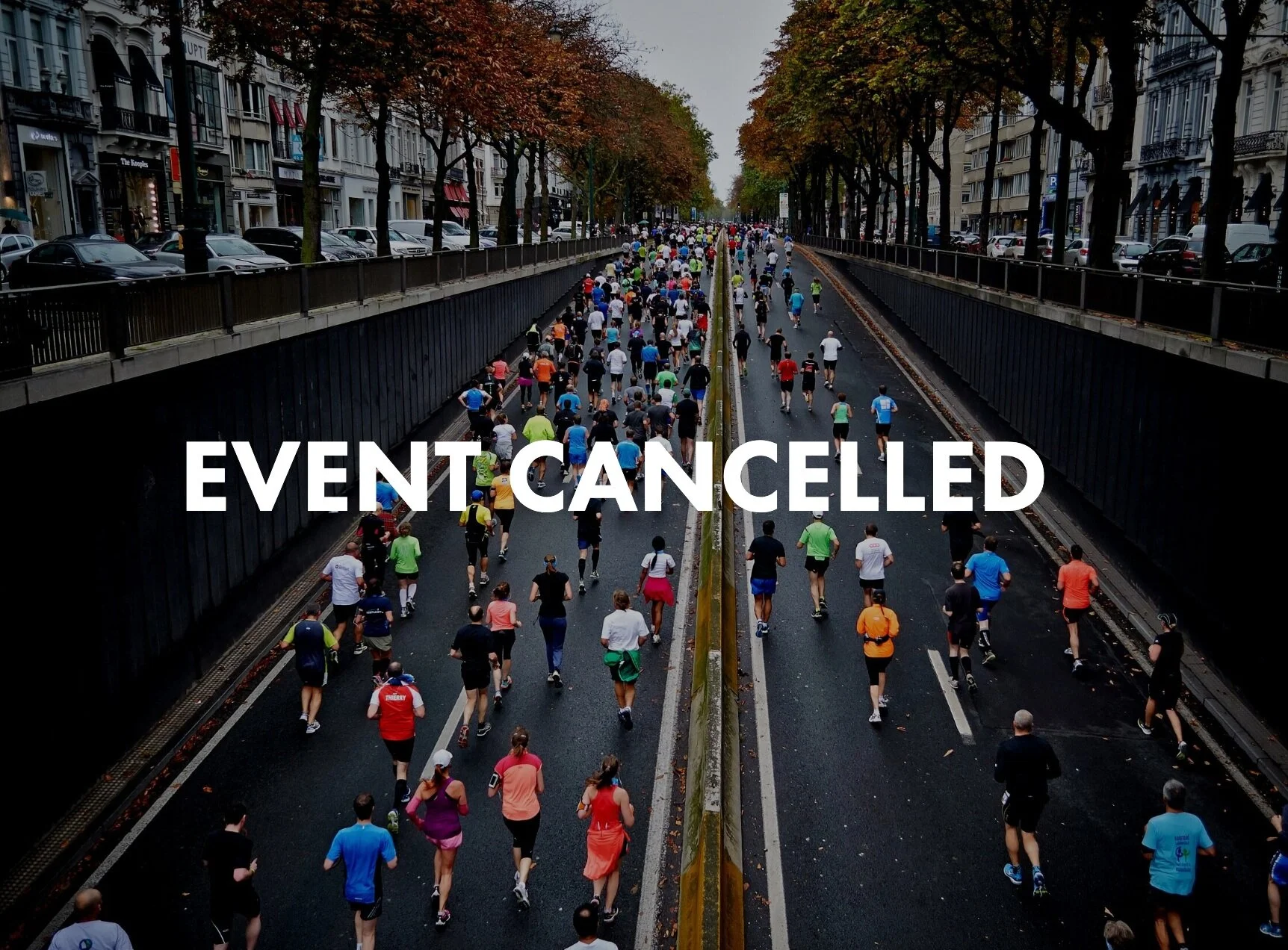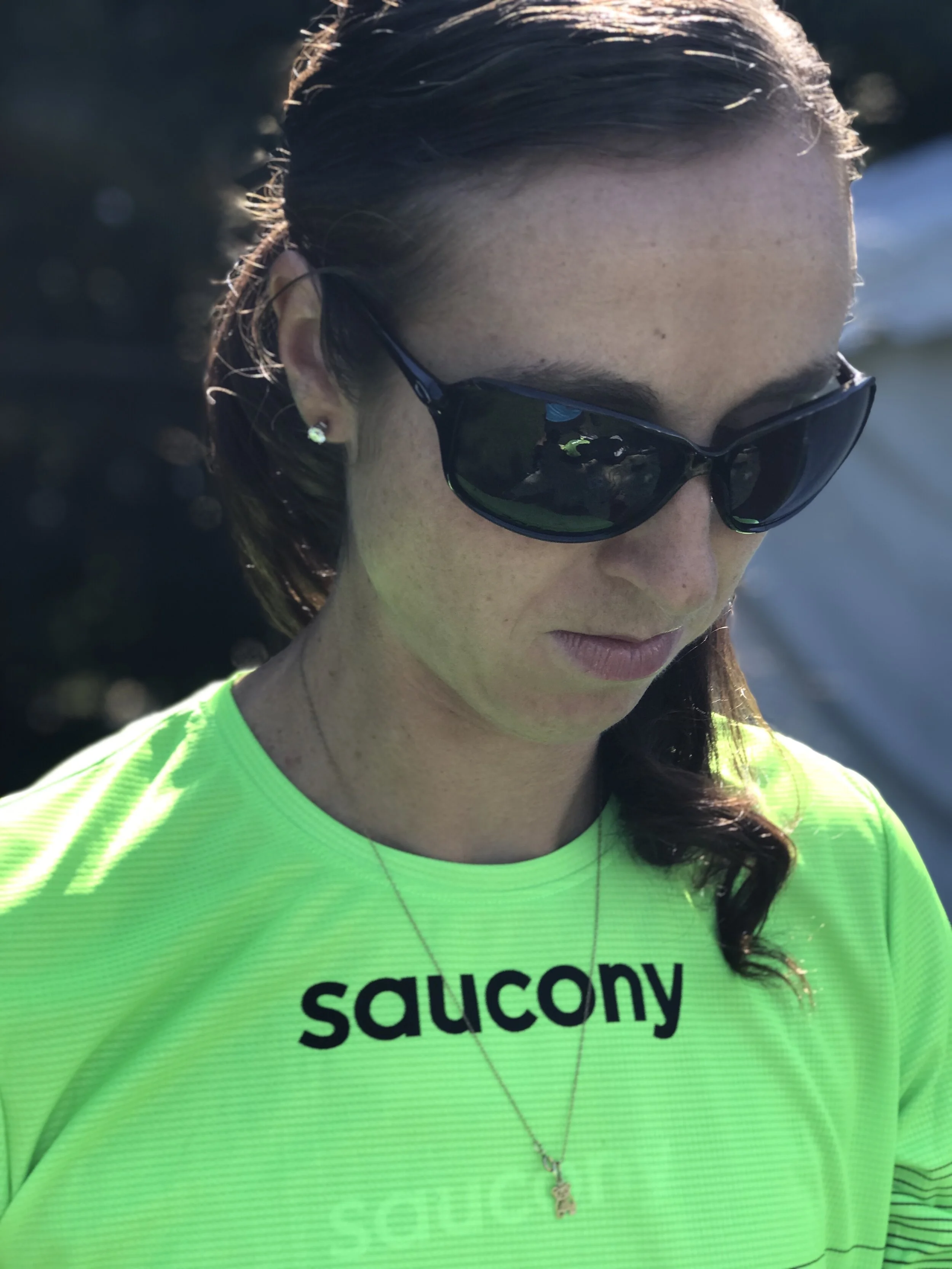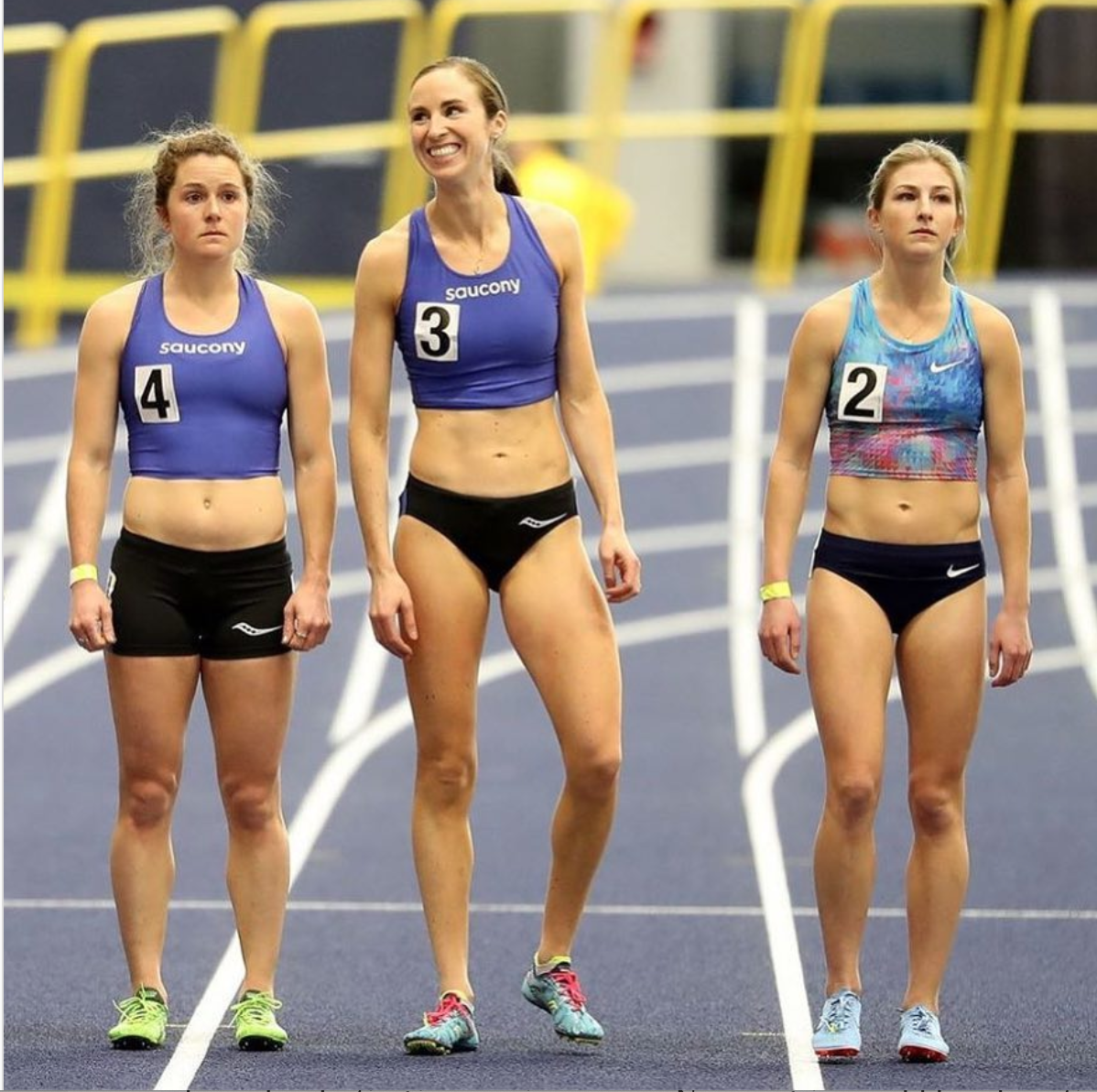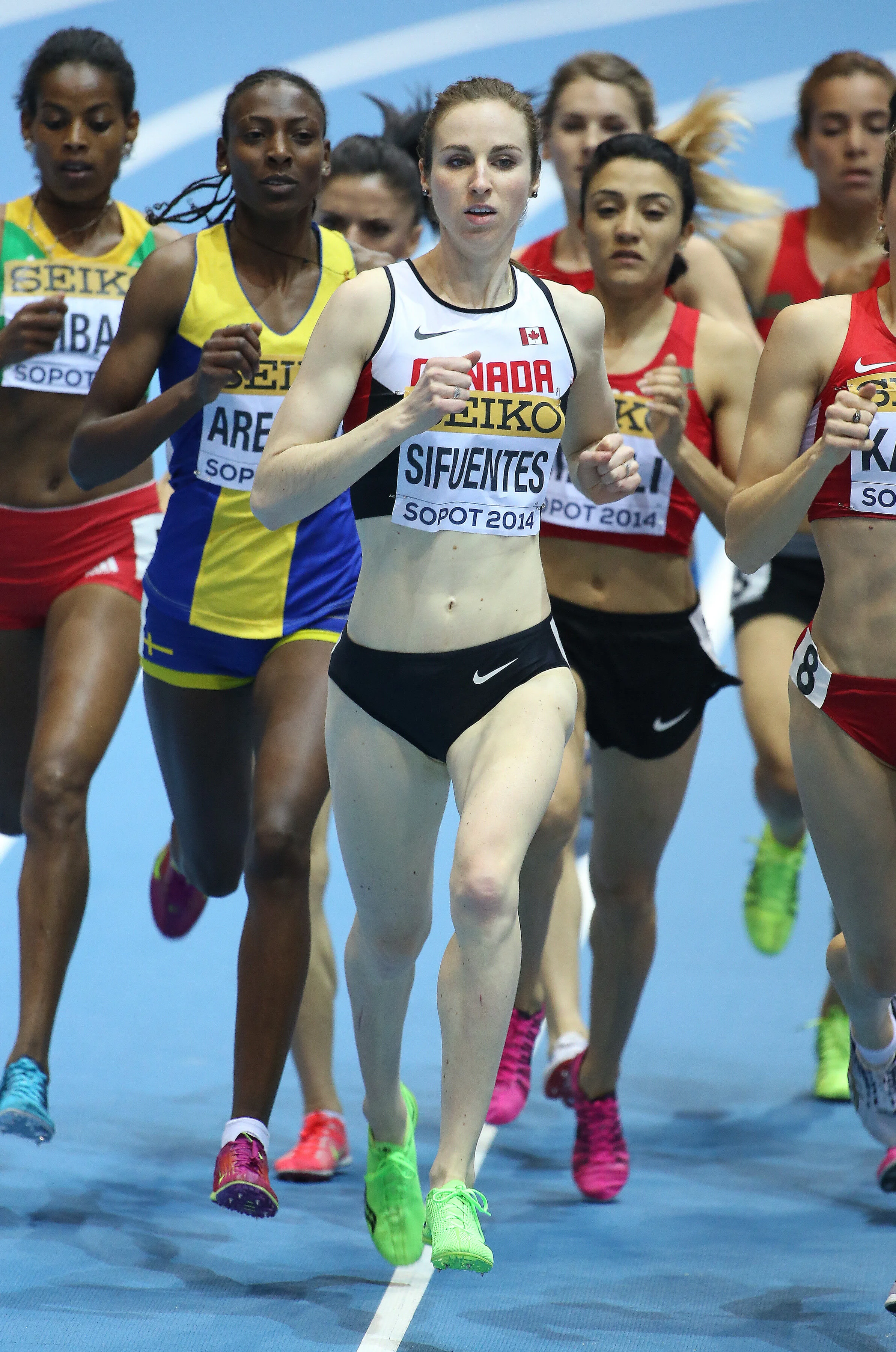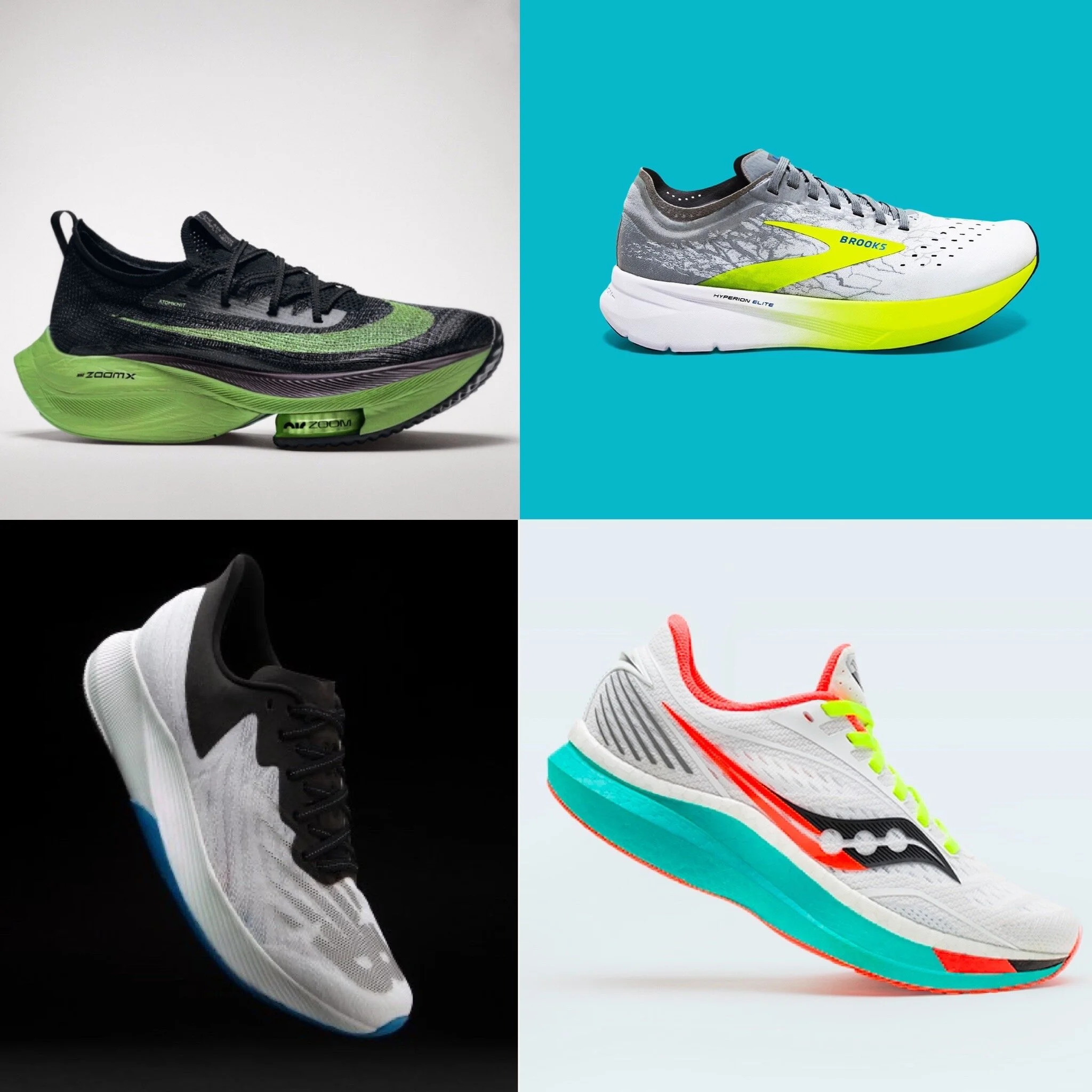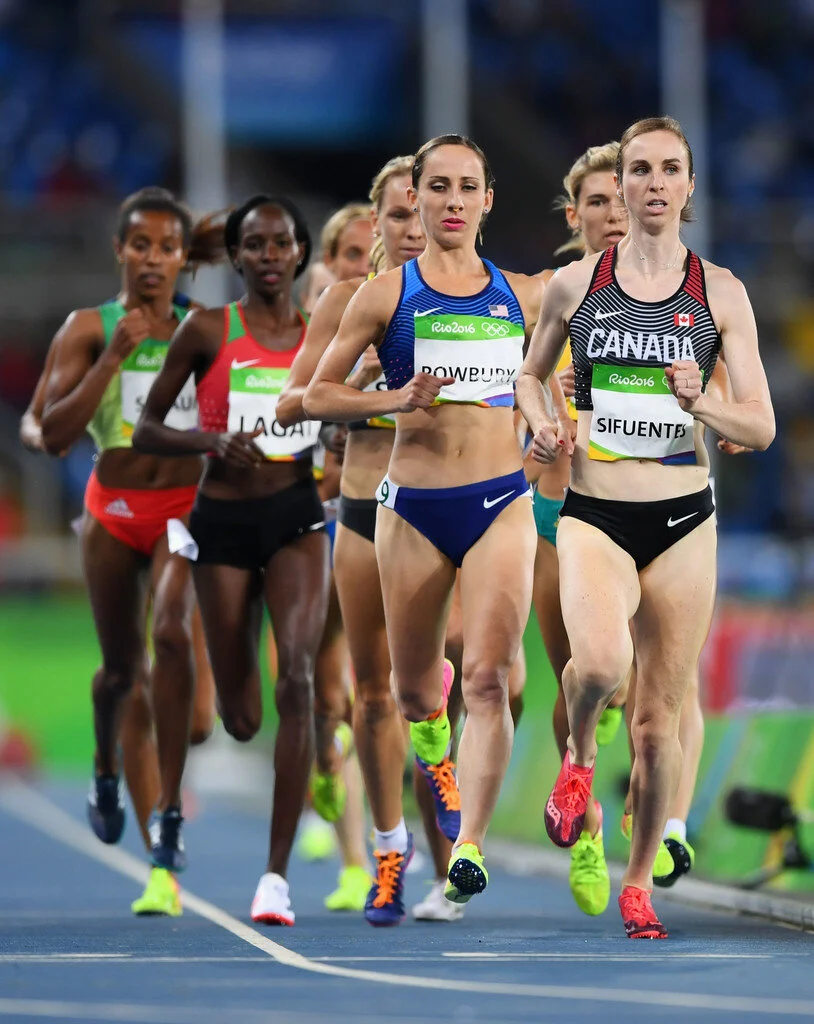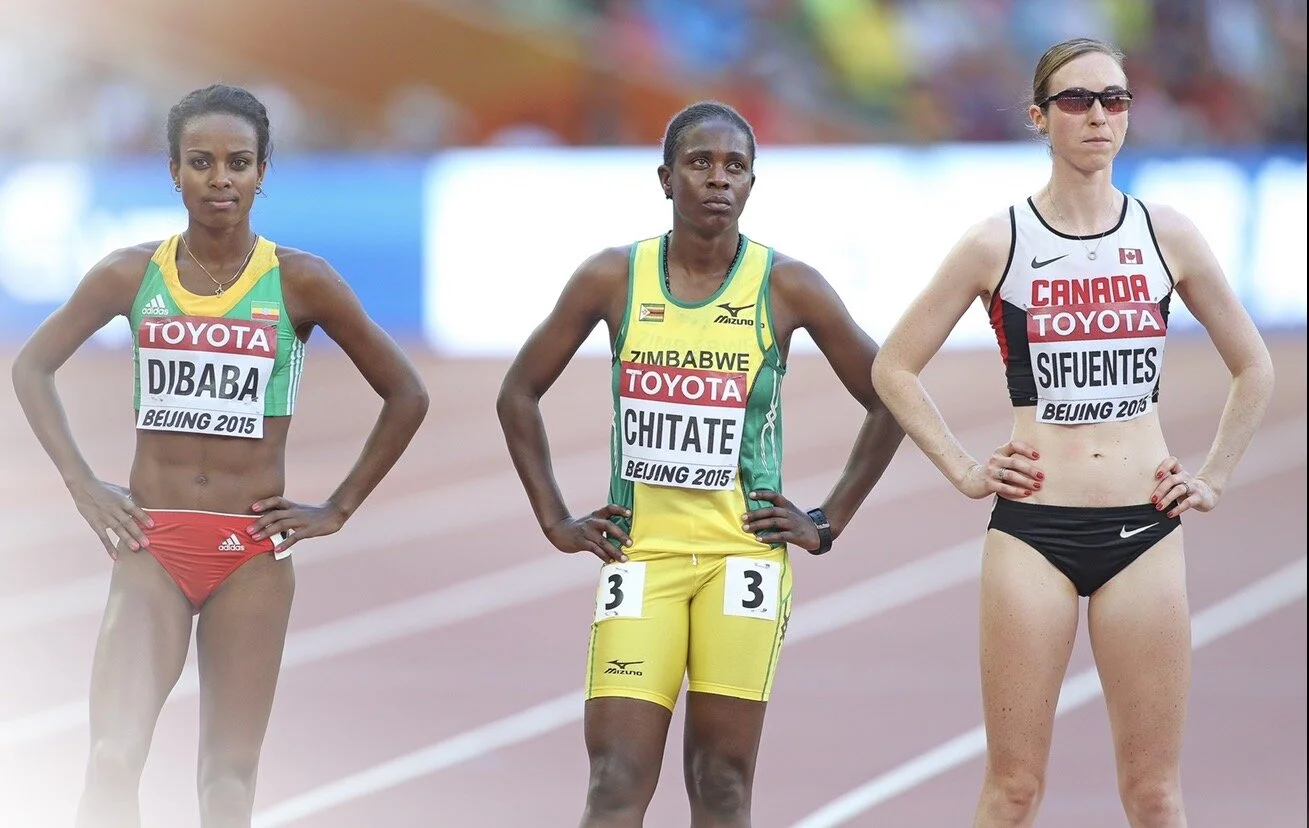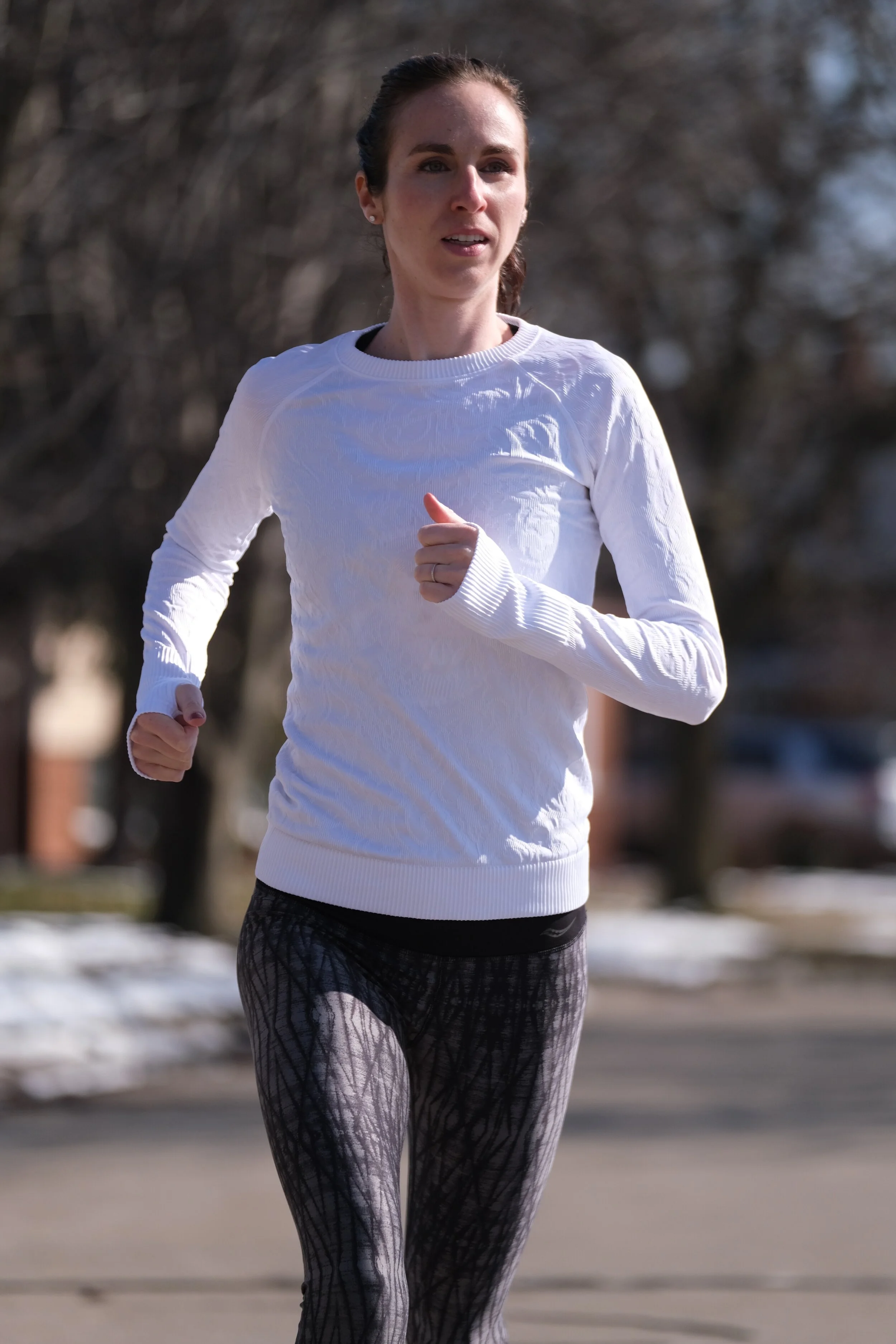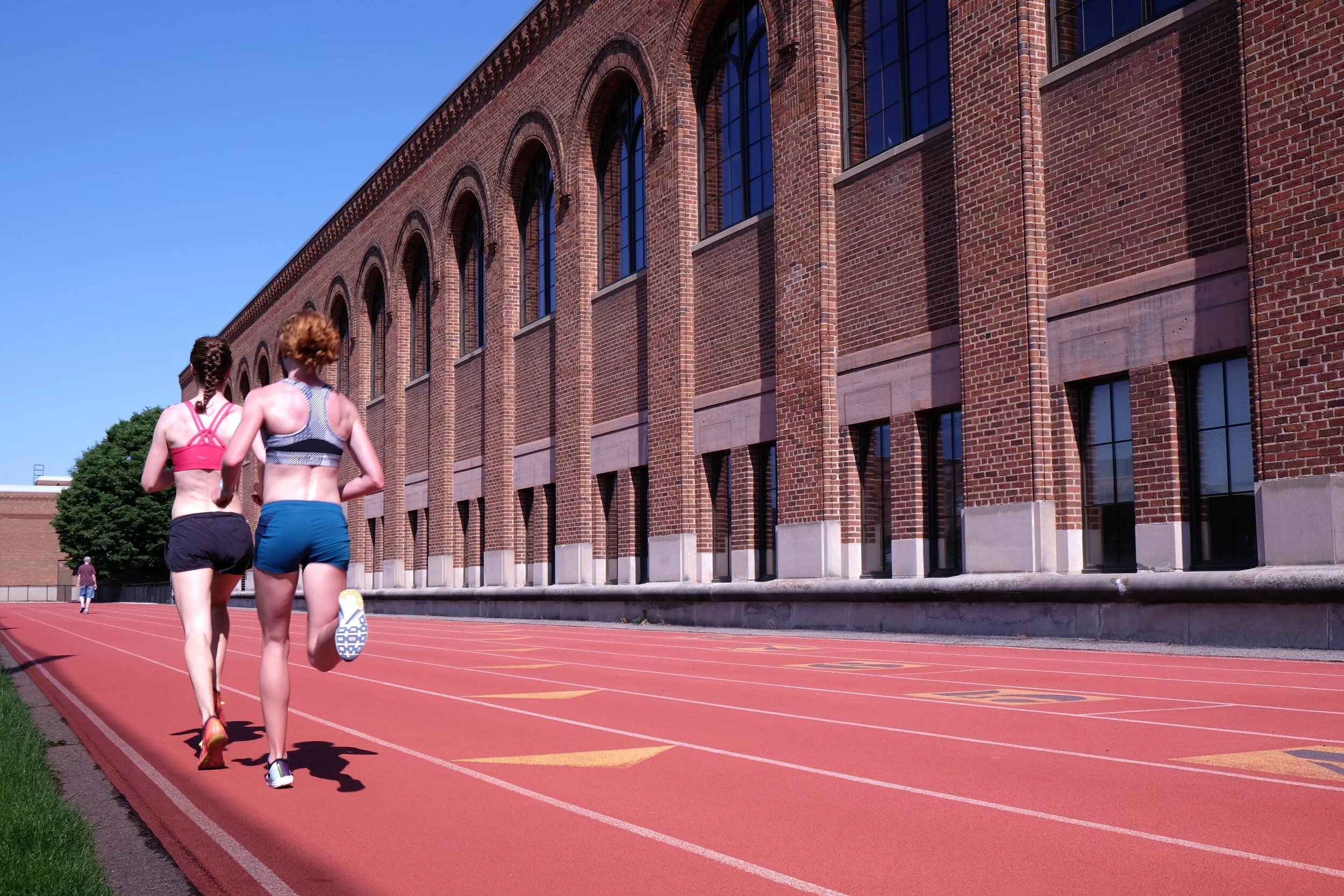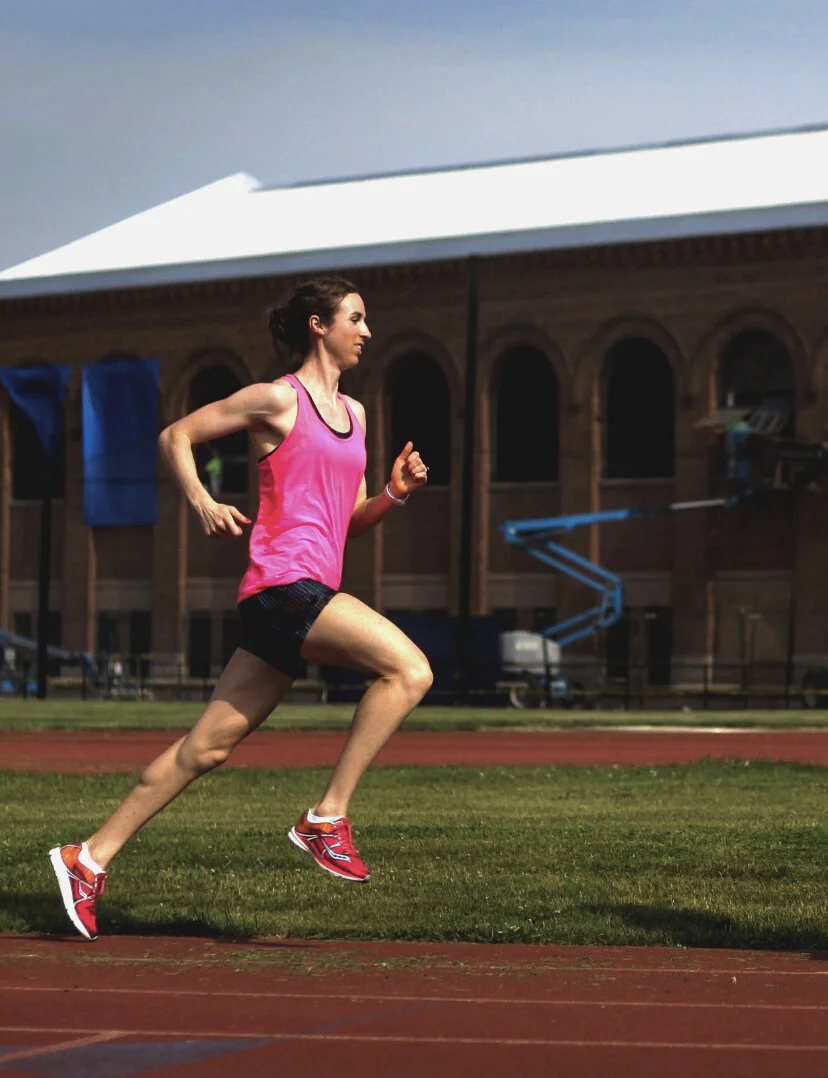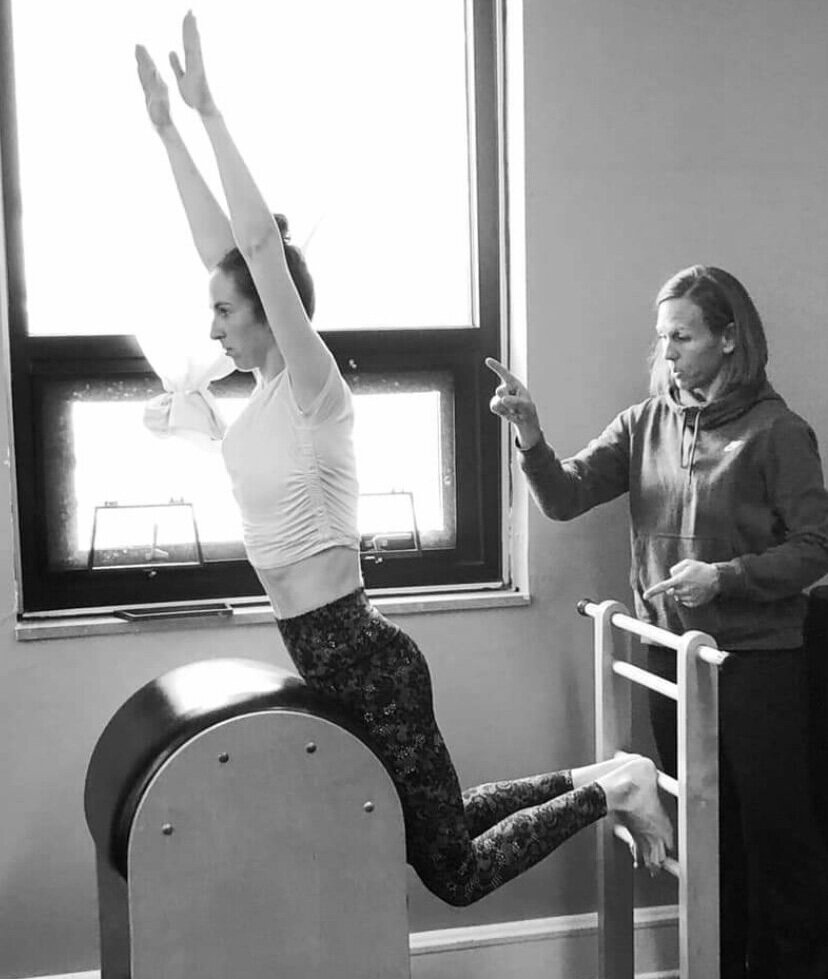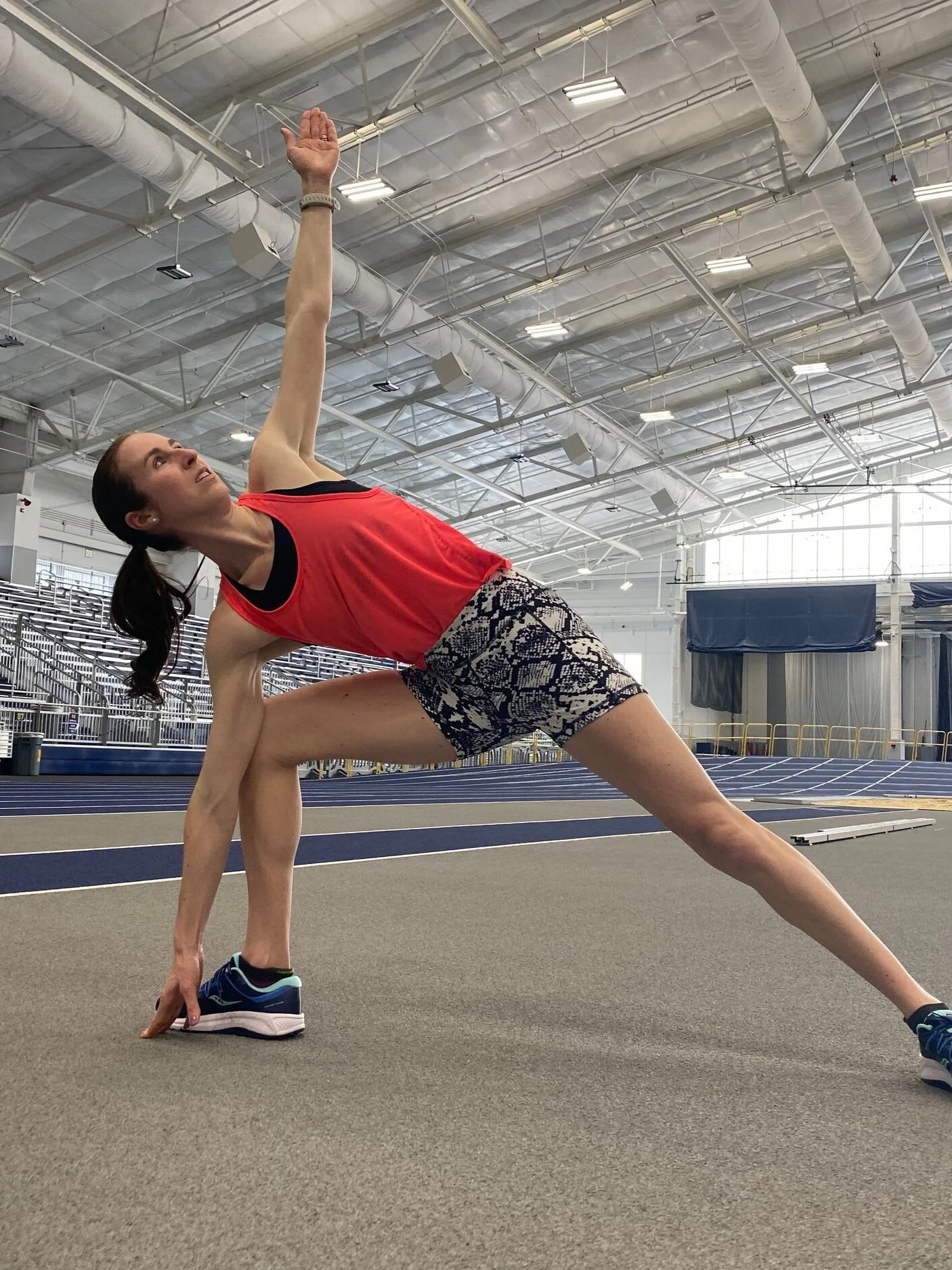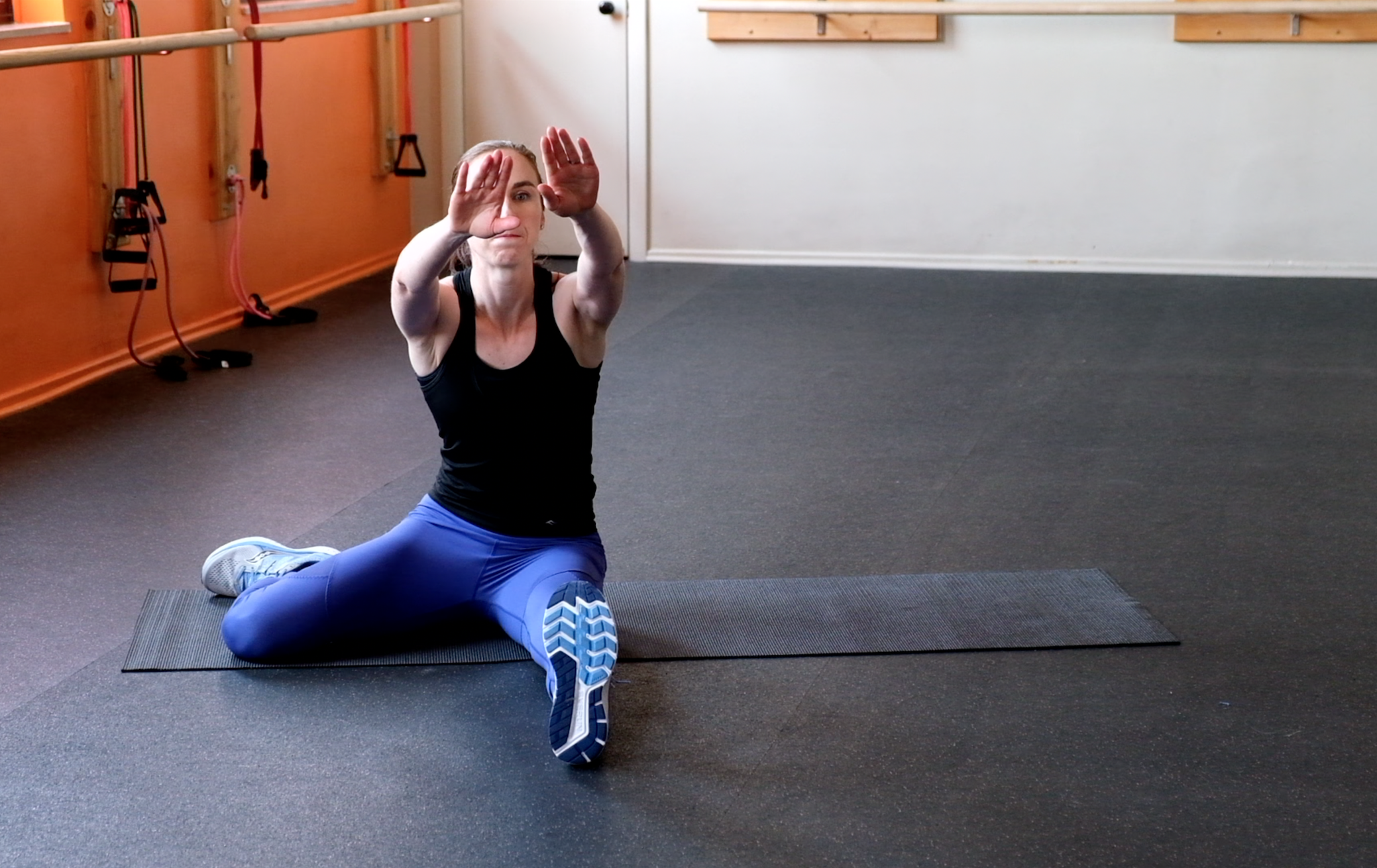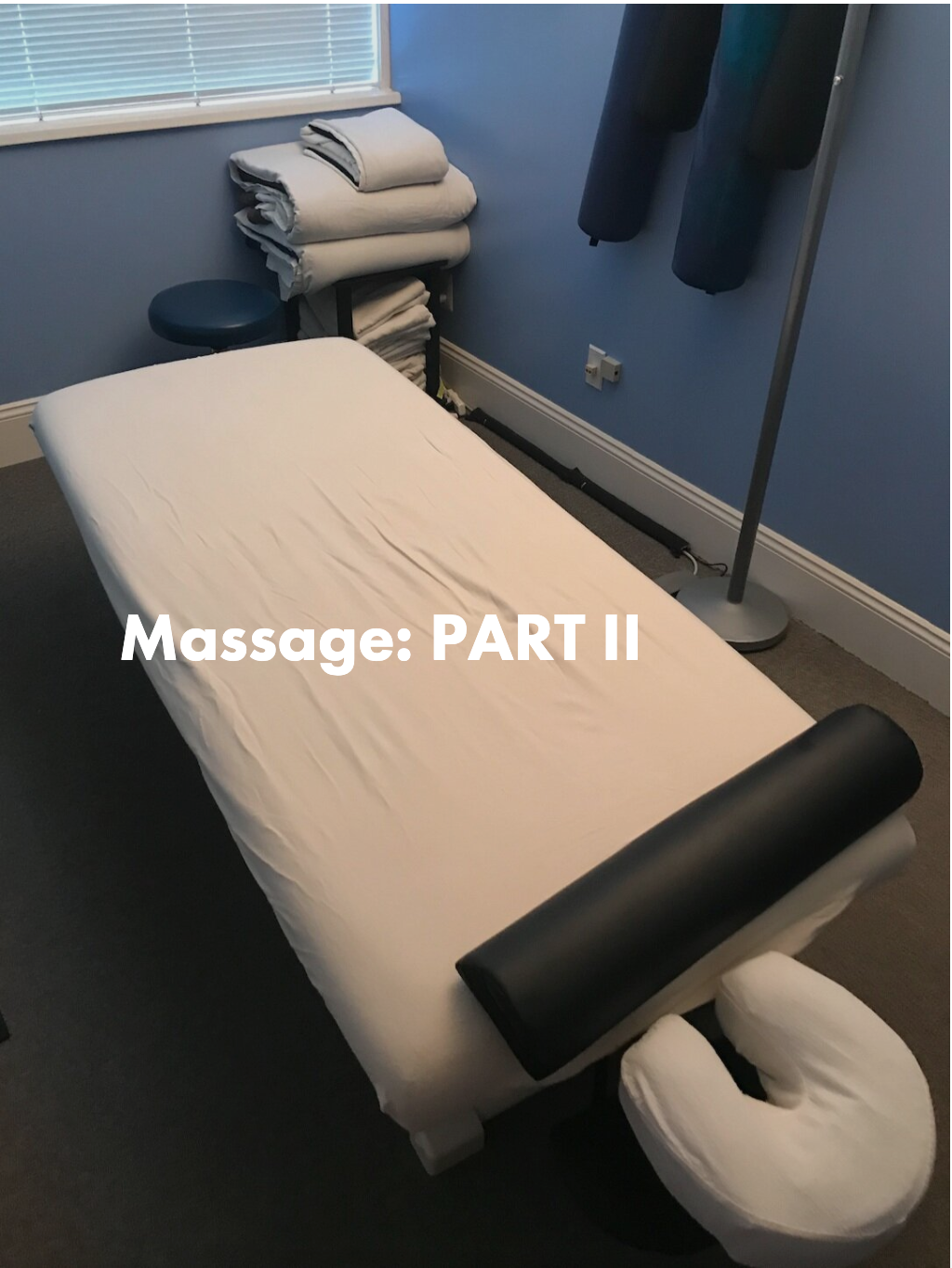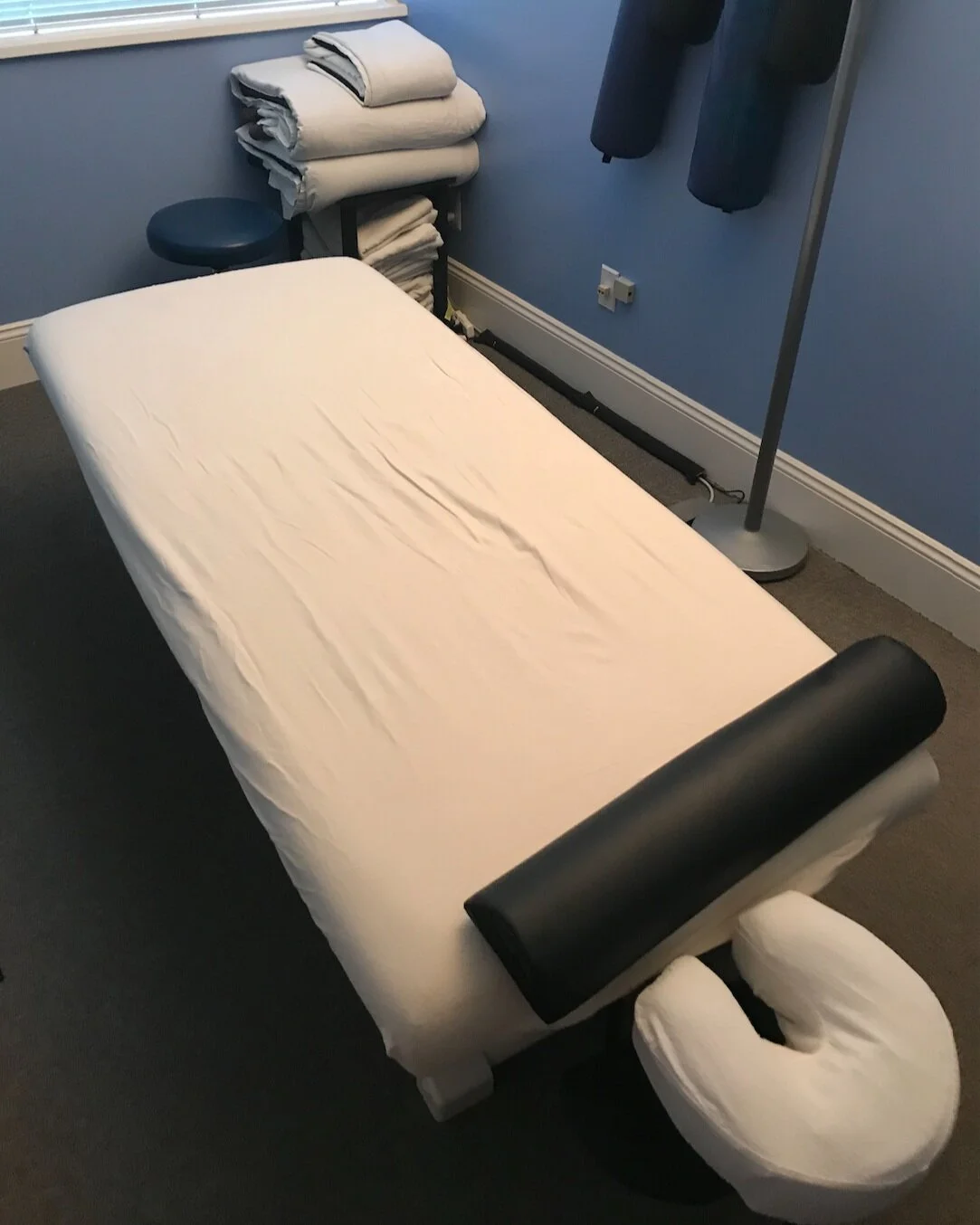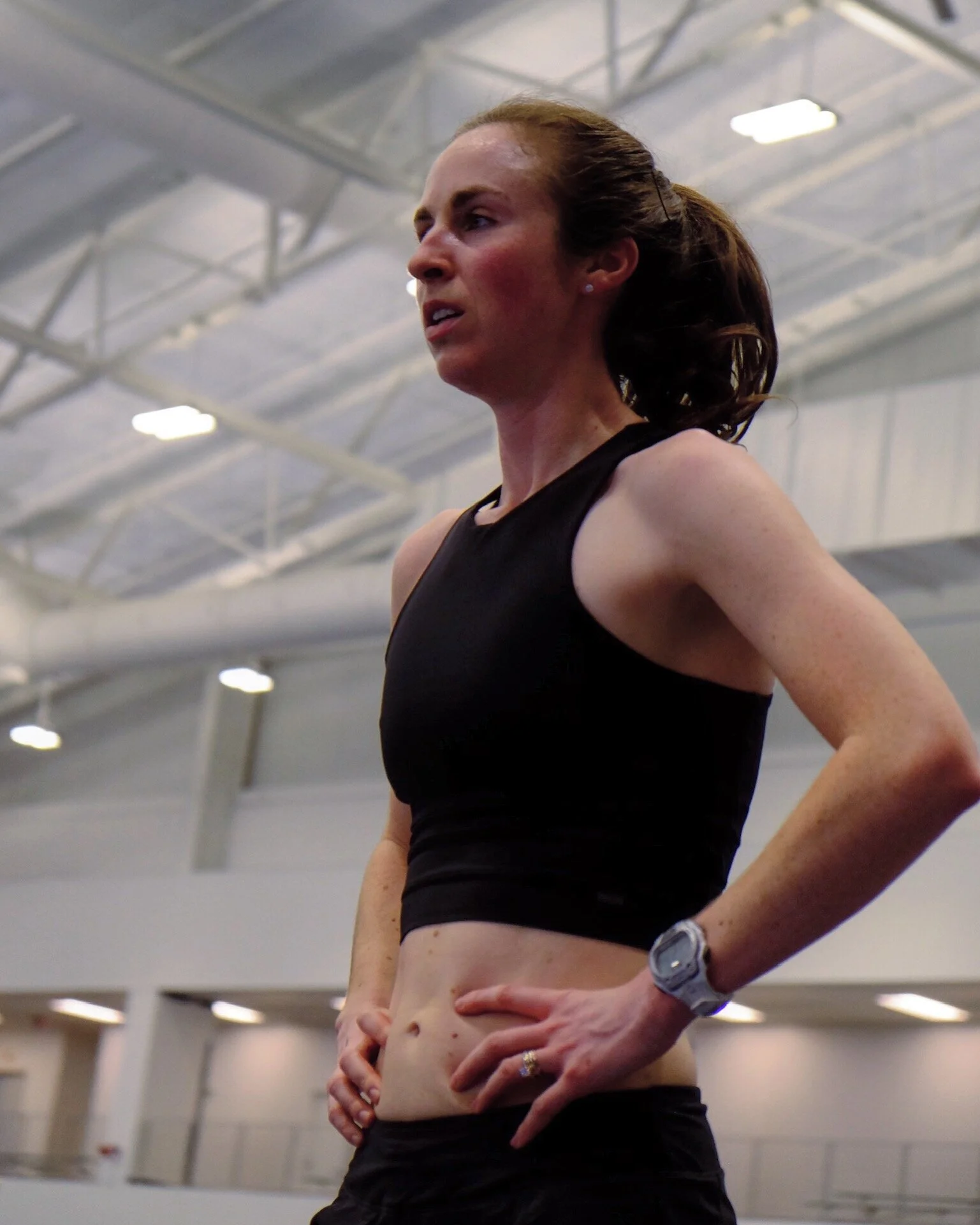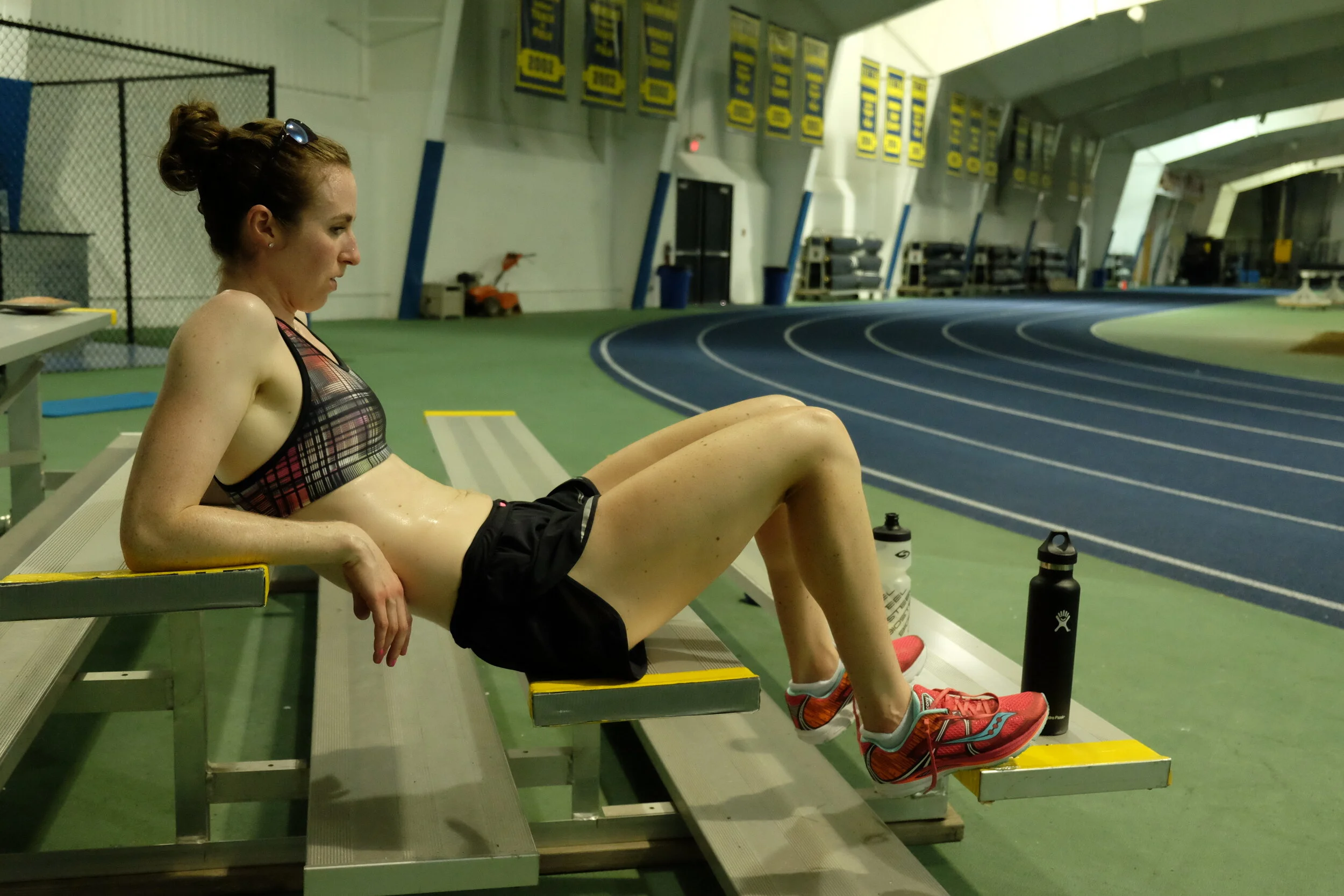I’m dialing back high-intensity and extended efforts from all training plans and I recommend you do too. Here’s why: Even though exercise can boost our immune system, really hard and long efforts temporarily compromise our ability to defend against illness. There is no need to excessively fatigue the body right now with super hard workouts.
Read MoreIf your race hasn’t been cancelled yet it’s probably a good idea to expect it will be cancelled soon. As runners, we know that races are far from guaranteed anyway even in the best situations. A niggle or an injury can hit when least expected and we should always approach our goals with the ability to pivot and adjust. This situation reminds us runners what we have always needed to do: be flexible with the plan.
Read MoreAlthough we train physically for weeks and months leading up to a race, we often neglect to train the mind. But the mind is very powerful! We need to be aware of our thoughts and make sure they are productive to help (not hinder!) us as we reach for our goals.
Read MoreSo far in this Pre-Race Nerves series I’ve gone deep into 3 areas of “intentional thinking.”
But intentional thinking requires energy and focus! At a certain point before races I just didn’t want to think anymore - I wanted to rest my mind and relax without constantly policing my own thoughts. So here are a few more strategies that I used before all my races to manage my nerves.
Read MoreNo matter who you are and how well you prepare, there will be some bad days and disappointing performances. But if you become fixated on your mistakes or letdowns, you usher in doubt and uncertainty before your next race.
To fight against these memories and against pre-race anxiety, I would intentionally remind myself of my strengths and what I am capable of. Leading up to races I would:
Look at photos from my best races
In the past few months there’s been a lot of buzz about nike’s Vaporfly running shoes, with world records, national records and personal records being destroyed left and right.
Maybe you’re wondering if all the chatter is just clever marketing by nike, or that maybe these special shoes can provide marginal benefit for some people.
At this point there is a lot of data and research on the vaporfly and there is absolutely no question that these shoes make you run faster. Significantly faster.
Read MoreI used to think I was just slow off the start.
When the starting gun goes off, all the runners explode off the start line and somehow I always ended up in the back of the pack. I would say things like “I’m terrible off the line.”
When you start feeling nervous before your next race, take a minute to listen to your own thoughts. What are you thinking about yourself? Are you focused on weaknesses or past errors? How do you speak about yourself to others? Self-awareness is the first step to making a change in this area.
Read MoreI used to get so nervous before races that I had no appetite.
Anxiety.
Dread.
Total Grouch.
I would wonder “Why do I put myself through this?”
Have you ever felt this way? Some extra nervous excitement can actually help us perform well on race day, but my level of nervousness (dread) was definitely not helpful.
Read MoreMotivation helps us want to run instead of dreading it, but our level of desire is not the determining factor. The key to progress, gains and success is something entirely different: it is discipline. Sometimes you’ll feel incredibly unmotivated and that is okay! You don’t need motivation, you just need to do the training.
Read MoreRunning is the best way to become a better runner, so if you don’t need to cross-train, it’s totally fine to just stick with running. However, cross training is great and a very important part of training for the runners who need it.
I highly recommend cross training for runners who:
Are injured
Tend to get injured easily
Want to significantly increase…
When it comes to training, motivation and working toward goals, the process should be challenging but also enjoyable. Do you enjoy running with friends, a group, or alone? Do you enjoy running doubles? Do you love or hate cross training? What kind of workouts are your favourite? These are questions I ask or learn over time with the runners I coach. I aim to design a training program that is interesting and fun.
Read MoreThere are no shortcuts to progress or fitness but the quickest path to success is the one designed specifically for you - your work schedule, your lifestyle, your strengths, your goals. I’m passionate about this because I’ve experienced this kind of training myself when I was at the highest level of the sport.
But here’s the thing - you don’t have to be an Olympian to train smart.
Personalized training plans maximize your availability to run and minimize your risk of injury and burnout.
Read MoreLast week I explained that even as a highly trained athlete my first Pilates session was shockingly difficult. What I didn’t say was: I knew if I’d been in a group class, or watching a video at home, the session would have been easy for me.
Our bodies - adaptable as they are, always want to take the path of least resistance. They want to use the strong muscles and let the weak ones keep slacking. The strong will get stronger, the weak won’t do anything. But with focused supervision there’s nowhere to hide and you can’t “cheat.”
Read MoreToday I want to talk about Pilates, because just a few years ago I considered Pilates and Yoga basically the same thing and I had no interest in either of them. That changed in 2017 when I went for a Running Form Analysis and was given a prescription for Pilates. I was coming off my second Olympic Games and was still constantly working to improve my poor balance, back pain, rounded shoulders and excessive rotation of the upper body while running. Dr. Agresta explained that while I was very strong in the “global” core muscles, my deeper stabilizing core muscles were not really doing much and that pilates would help me learn to engage the deep core.
Read MoreAre you a runner who does not do yoga?
Are you wondering if you SHOULD do some yoga?
Me too, so I asked two therapists who specialize in runner injury rehabilitation, and a very, very fast runner who actually does yoga herself! Here’s what they said…
“People think yoga is going to fix everything and I just don’t think so. I think yoga can be helpful — but yoga isn’t specific and it’s a practice that [began] to help people meditate and sit in full lotus, and that has nothing to do with elite, moderate or recreational sport, or running or cycling.
“The hip needs to function differently [doing yoga vs. in running]. The general public’s idea of mobility, or even pro athletes will say “I’m in the off season, should I do some yoga now?”
Read MoreLimited or restricted range of motion can cause problems for runners, but hyper mobility and excess flexibility are not the solution. When we run, our muscles contract (shorten) and pull on our bones in order to make our limbs move. If your muscles are relaxed and lengthened beyond what is necessary for your stride, it will take just a bit more time to contract those muscles. You won’t feel as responsive or “snappy” on your run. You will work harder to put the same force into the ground with each step as compared to when your muscles have some tightness.
Read MoreMassage the day before a big workout or a race is not a good idea, and here’s why: runners actually NEED some tension, stiffness, tightness in our muscles to run efficiently. It is common to feel “flat” or sluggish for a day or two post-massage when you head out for a run. Ideally, schedule your massage after a hard workout or the next day. Do not schedule a massage the day before a race.
Read MoreMassages are not just for birthdays and anniversaries, and they are not just for relaxation. They are an investment, not a luxury. Want to keep your body running? Massages are maintenance for the machine that is your body. Sometimes you need to take it to the shop (the massage therapist).
Massage therapists have knowledge, expertise and training that we don’t have. Regular appointments with a qualified and experienced therapist during heavy volume (when you’re running a lot of miles) or intense training phases is an important part of recovery and injury prevention. Even a once or twice-monthly appointment will help you keep on top of small issues.
Read MoreThe phrase “no pain, no gain” should really be called “no discomfort, no gain” but it really doesn’t roll of the tongue the same way does it? The truth is, you can’t make progress without sometimes challenging yourself and feeling uncomfortable in training.
If you always run easy you will not improve.
The point of some runs or workouts is to push yourself hard, to be uncomfortable and to “hurt.” On occasion you will push your body hard so that you are not comfortable, and you would like to stop running or slow down, but you do not. When you really challenge yourself, it makes everything else feel a little bit easier relative to that hard effort, and this is how we make gains.
Read MoreIn the realm of training, competition and goal setting, it seems that “compromise” means giving up, settling, and not good enough. Compromise is given a really bad rap is the running world, but it shouldn’t be this way!!! I believe the compromise is absolutely necessary in training and when we embrace it, compromise will become our friend and ally on the path to success.
Read More
